

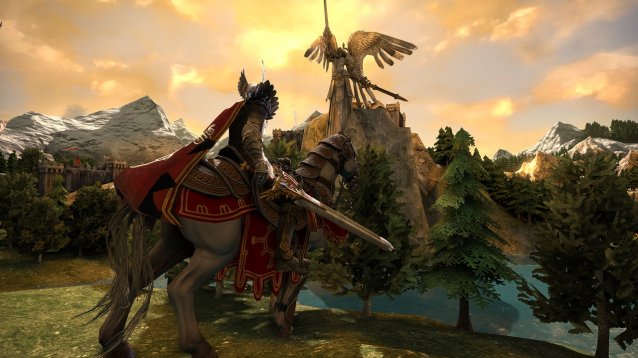
The Heroes of Might & Magic series is now twenty years old, and the latest installment from Ubisoft and developer Limbic shows how little the franchise has strayed from the framework established by 3DO in 1995. The games have been a staple on PC since the beginning, but interest has petered out over the last few titles, perhaps because there’s been a lack of much innovation – one Heroes of Might & Magic game is much like another, with V marking the jump from 2D sprites to full 3D models.
Might & Magic Heroes VII is a continuation of the core gameplay that’s marked the series, and the third game set in the land of Ashan. While I’ve spent hundreds of hours playing HoMM titles over the years, I’ve never found the storylines to be at all compelling. Ashan is a paint-by-numbers fantasy world that makes a fine-enough backdrop for a strategy series. The real meat of any of these games is the three interlocking systems that define them: base-building, world exploration and conquest, and combat.
For newcomers, here’s a quick rundown: At the beginning of each game, you control a hero, whom you direct around a large map peppered with monsters, resources, artifacts, and enemy heroes. You’ll take over cities, which you can fortify and upgrade with creature dwellings in order to raise armies. More heroes can be recruited, and as they venture about the map, hoovering up resources and fighting monster camps guarding them, they’ll gain experience and power. Eventually you’ll run across enemy heroes as well, and you’ll set an eye toward conquering their cities. Ultimately, the idea is to wipe out all other players.
Combat is turn-based, and these tactical battles have always been my favorite element of Heroes games. Armies line up across from one another on a grid-based map, and with creature types stacked – 10 griffons, for example, are represented by a single griffon figure on the grid with a “10” next to it. Your hero’s stats, as well as those of the creature types you’ve recruited, determines turn order, and each monster or soldier has particular abilities, such as ranged attacks or flight. Heroes can learn a wide variety of spells to bring to bear in combat, and now you can also recruit “warfare” units like ballistae and healers to stand behind your lines.
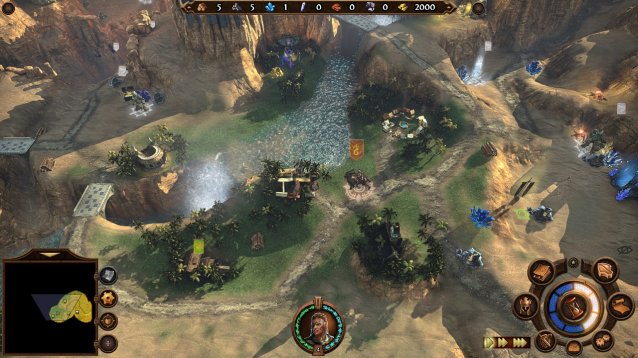
There are dozens of creature types to recruit, and the upgrades you’ve made to your cities will determine which troops you can recruit. Most units are upgradeable themselves as well, and it’s often tricky to choose whether to invest in upgraded dwellings for beefier units or to spend your gold on a swarm of peons.
There are special maps for dungeon encounters, for castle sieges, and for ship-to-ship combat on the high seas. Since M&MH VI, some of these creatures take up a 2x2 space on the battlefield, which makes for interesting wrinkles to the original formula. During castle sieges, fortified cities will have a protective wall for the defender to hide behind, and these battles can be some of the game’s most intensive.
Meanwhile, you’ll be balancing production and consumption of resources – gold, ore, wood, and crystal are familiar enough, but Might & Magic Heroes VII also has things like dragon steel and starsilver, and you’ll need some of these more specialized resources in order to recruit elite creatures into your armies.
Might & Magic Heroes VII manages to include all these classic Heroes elements, and on its face it’s a more or less competent entry in the series. The Unreal Engine-powered game looks fine, but its appearance isn’t anything to write home about. Menus and interfaces are okay, but newcomers to the series will be confused by the occasional missing tooltip and the lack of a real tutorial. There are a good selection of varied multiplayer maps and a full-featured map editor that includes scripting tools to create complex single-player adventures, and even new factions. There are campaigns included for each of the six factions that can be extremely challenging, several multiplayer modes including local hot-seat, and even a “duel” mode in which two players (one can be an AI) get maxed-out heroes and a random assortment of high-level creatures to duke it out in a single battle. There’s a lot of content in the game and the inclusion of the editor is a great addition to the game’s longevity. Limbic has definitely streamlined UI elements (particularly in cities) from the previous game to make it more readable, and that’s a welcome change.
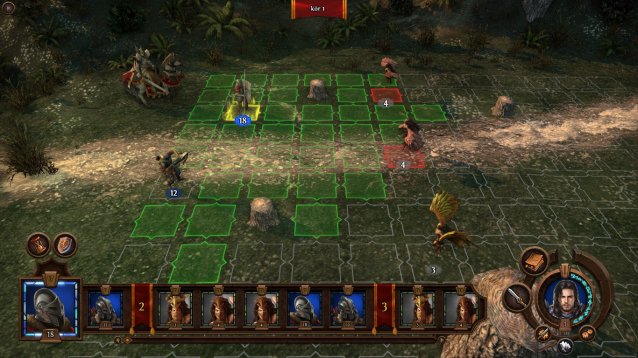
But on launch, there are telltale signs that Might & Magic Heroes VII came out of the oven a bit too early. It’s poorly-optimized, with sluggish framerates on recommended-spec PCs. The council table, where the game’s narrative exposition takes place, is surrounded by fully-rendered and voice-acted characters who never got around to being animated – they talk to each other as torch flames flicker in the background, completely frozen in mid-speech.
There are the missing tooltips, and occasionally one will get “stuck” in the window and refuse to close even after a battle has ended, for example. There’s no true tutorial, and no indication from the main menu that the Sylvan campaign serves as the “introductory” material. The review build I tested crashed on launch about once out of every three times – although I’m unclear whether that was the game’s fault, or due to the fact that I was by necessity using Uplay to launch it.
And while the game is fine-enough looking, I miss the easy legibility of the sprite-based maps of the older games. Vertiginous terrain and swaying 3D trees often obscure resources and monsters on the map, making it frustrating to plan routes.
These warts considered, Might & Magic Heroes VII isn’t enough of a refinement over VI to justify purchase if you already own that game. It’s unfriendly to newcomers to the series, with nothing that qualifies as a tutorial included out of the box. And fans of the old games may find themselves put off by all the unnecessary visual flash. But devoted fans of the series will certainly find lots to do with the latest entry. You already know whether the Heroes formula gives you an itch no other game can scratch, and if that’s the case, Might & Magic Heroes VII may be worth a look. It’s a bit half-baked, but it’s still Heroes – in this case, an old, scarred, veteran hero near the back of the tavern, who’s desperately hoping you haven’t heard all his stories just yet.
Might & Magic Heroes VII was developed by Limbic Entertainment and published by Ubisoft. It was released September 29, 2015, for Windows PC at the MSRP of $49.99. A copy was provided by the publisher for the purposes of review.
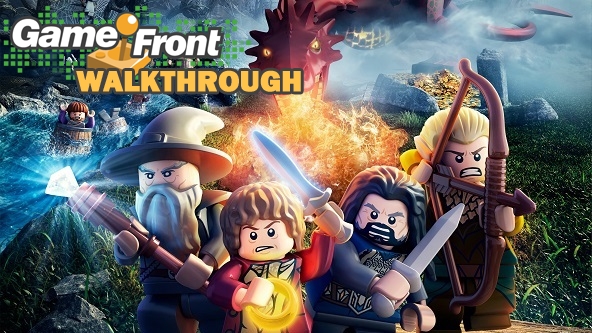
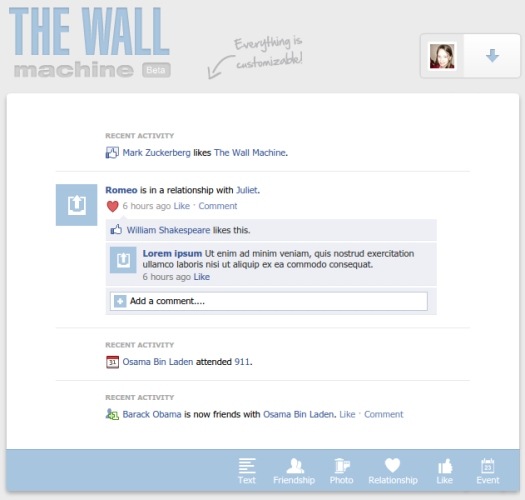


 Dark Souls 2 Titanite Shard Locations
Dark Souls 2 Titanite Shard Locations Deadpool Wiki: Everything you need to know about the game .
Deadpool Wiki: Everything you need to know about the game . 6 Best Free Tax Software to File Your Next Return
6 Best Free Tax Software to File Your Next Return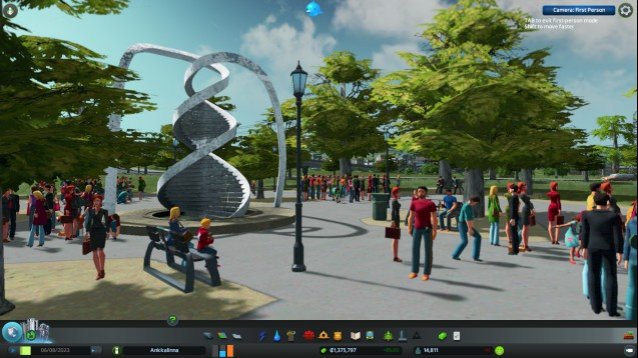 Top 10 Cities: Skyline User-Made Modifications
Top 10 Cities: Skyline User-Made Modifications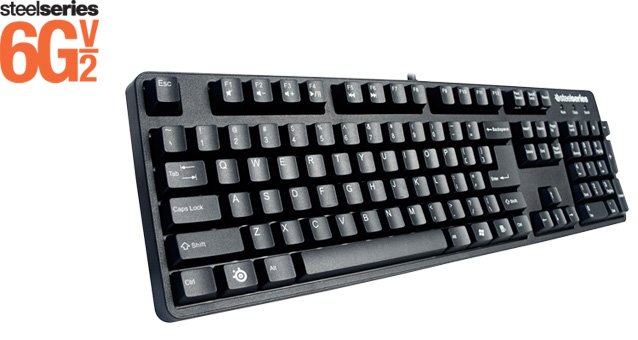 SteelSeries 6GV2 and Sensei: The Gameranx Review
SteelSeries 6GV2 and Sensei: The Gameranx Review